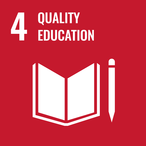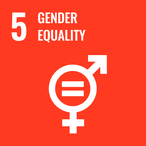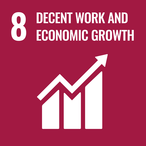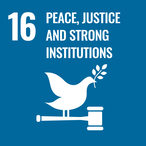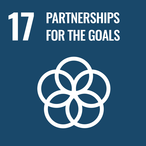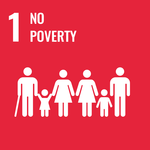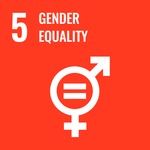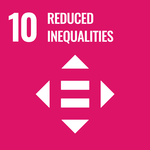Wings4Youth of Moldova
Inclusive employability, peace and security among disadvantaged youth on both sides of the Nistru River
Project duration: 1 July 2021 - 30 June 2024
Country: Republic of Moldova
Localities: Chisinau, Congaz, Cosăuți, Nisporeni
Funded by: Austrian Development Agency
Grantee: CONCORDIA Verein für Sozialprojekte
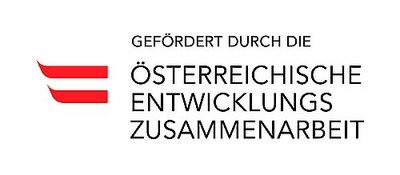
In cooperation with: Caritas Vienna
Pathway: Employment and Social Business
Contact persons: Eugeniu Rotari, Project Manager CONCORDIA Moldova (Chișinău) +373 22 234991, eugeniu.rotari@concordia.md; Nadja Kohlbach-Horesovsky, Project Coordinator CONCORDIA International (Vienna) +43 1 212 8149-26, nadja.kohlbach-horesovsky@concordia.or.at
SHORT DESCRIPTION
Wings4Youth is a project promoting employment prospects of young care leavers – persons who have grown up in alternative care – on their way towards an independent, self-determined life. The project is implemented for a period of 36 months and can build on experiences and results of a predecessor project that was also funded by the Austrian Development Agency.
While the previous project activities had been limited to the Moldovan capital Chisinau, they are now expanded to three more localities: Cosăuți, Nisporeni and Congaz. A series of capacity-building measures will improve the employability of young care leavers and increase their competences for independent living, with a particular focus on young women.
Moreover, care professionals will also benefit from this project – through trainings and supervision services they will be equipped with a set of tools and methods to address care leavers, hence improving their daily work. Advocacy activities will raise public awareness about the needs of care leavers and will enhance the improvement of legal provisions. Project participants will also be connected with the business sector and gain practical experiences, possibly also getting permanent employment contracts.
Last but not least, thanks to a strategic partnership with Caritas Vienna who runs similar activities in Transnistria, the project also has a peace-building component – through joint summer camps, study trips and youth exchanges, dialogue and tolerance will be fostered among youth from both sides of the Nistru river.
With the planned activities the project strives to achieve the following Sustainable Development Goals (SDGs):
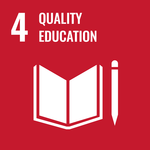
(4) Quality education: Ensure inclusive and equitable quality education and promote lifelong learning opportunities for all
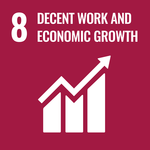
(8) Decent work and economic growth: Promote sustained, inclusive and sustainable economic growth, full and productive employment and decent work for all
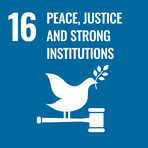
(16) Peace, justice and strong institutions: Promote peaceful and inclusive societies for sustainable development, provide access to justice for all and build effective, accountable and inclusive institutions
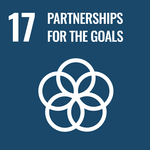
(17) Partnerships for the goals: Strengthen the means of implementation and revitalize the global partnership for sustainable development
INITIAL SITUATION
The Republic of Moldova is one of the poorest countries in Europe and the country with the highest labour migration.
Overall, about one third of the rural population (31.6%) lives below the poverty line and even more among households with three or more children (42%).[1]
The state faces enormous economic and social challenges due to massive brain drain combined with a lack of jobs and training positions in the country. One in three young people in the Republic of Moldova are either unemployed or not enrolled in education or in any formal training, young women being even more affected than young men (34.8% and 23.2%, respectively).
At the age of 18, care leavers are more likely than other young people not to be in employment, education or training. As a consequence, they are socially excluded or even homeless.
Wings4Youth tackles four underlying causes leading to this condition: (1) the mismatch of skills between businesses and youth; (2) high skilled labour migration/brain drain; (3) the gap between policy and practice to support the “out-of-care” transition period of young care leavers and (4) the limited resources and capacities of employers to support care leavers in the job market.
Read the detailed project procedure
[1] Worldbank: https://pubdocs.worldbank.org/en/185631608708604109/Moldova-Economic-Update-Special-Focus-Dec-22.pdf



